
Jul 18 , 2020
By Dejen Yemane
Missteps on the Grand Ethiopian Renaissance Dam (GERD) narrative have become a recurrent occurrence. It is sad to see the media and intellectuals celebrate Egypt’s backtracking negotiation approach as Ethiopia’s victory without addressing that the country should have never been allowed to have any say as far as the Dam is concerned. Egypt and Sudan have been awarded an outsized role in every decision pertaining to the GERD right after its launching, while Ethiopia’s exclusive mandate has been the financing of the project.
Egypt and Sudan put their foot on the GERD upon the establishment of the International Panel of Experts (IPoE), where they received the design documents of the GERD. Some have commented that this was an effort to be transparent about the issue, but it was in fact a move that could be said to have legitmised the historical injustice made against the Nile Basin countries.
Unfortunately, the national discourse does not focus on the gestures that encouraged Cairo in its aggressive behaviour. The two groups deal with side issues rather than addressing the crux of the matter. Day and night, they argue for “Ethiopia’s right to use the Nile waters,” an issue that has never been questioned except by Egypt.
Fundamental questions such as why Ethiopia is participating in a series of negotiations on its own Dam, including the latest African Union mediated one, are not raised.
What is the pre-existing relationship between the three nations in relation to the GERD? Which prior agreement is pushing the three nations to negotiate on the filling of the Dam? Do we have a subject matter to be presented for negotiation? Should GERD, a unilateral project, be negotiable between the three nations?
The constant echo within the national discourse should not be the remonstration that Ethiopia has a right to the Nile but to question why the country keeps engaging itself in these negotiations.
No doubt, the government should sit with Basin countries for negotiations on the utilisation and governance of the Nile. Indeed, negotiation on this subject matter has taken place and a framework has been arrived at - the Cooperative Framework Agreement (CFA) - one which Egypt and Sudan have stood outside of.
But it was the original sin committed by Ethiopia’s government, putting forward the GERD for any kind of negotiation, that has led to the complications that we have today.
Ever since Ethiopia wanted to construct a dam on the Blue Nile, Egypt has been against it. Our triumph came when we decided to take on the project unilaterally and construct the Dam without help and against the objections of other countries.
But this move was not built upon, despite the fact that the project continued afoot, when Ethiopia thought it prudent to engage the two downstream countries in negotiations. The primary misstep came when the IPoE, a group in which Egypt and Sudan are officially represented, was established in the early 2010s.
The government of Ethiopia tries to justify this in the name of confidence building and cooperation. Had the invited parties been partners with good will toward the equitable use of the Nile, this line of reasoning might have been acceptable. But they offer extreme and polarised positions to the cooperation-based utilisation and governance of the Nile River. Their refusal to join the CFA was evidence enough that they had no intention, especially Egypt, of seeing eye to eye with other Basin countries.
By establishing the IPoE, the government bestowed the design document of the Dam to countries that had no interest in seeing Ethiopia utilising its portion of the River.
The government then broadened and widened the opportunity of the downstream countries to have a greater decision-making role and signed the 2015 Agreement on the Declaration of Principles with Egypt and Sudan. Irrespective of the normative status of this instrument, the Government of Ethiopia made three fundamental errors in signing this document.
Primarily, it honored the historical injustice made by Egypt and Sudan by their bilateral appropriations of the Nile waters. It also neglected the CFA, which was disrespectful to the signatories. Finally, this document made it convenient for Sudan and Egypt to manipulate Ethiopia based on the articles and deadlines set within.
In this instrument, the government of Ethiopia agreed to establish a Technical National Committee, where the three countries are equally represented and tasked with an undertaking of further studies recommended by the IPoE; agreed to prepare the first filling guideline along with the two countries; and agreed to dispute settlement modalities. It is this instrument which gives the two nations the highest leverage.
Added to the government’s faulty negotiation track-record are commentators and pundits that fail to dig under the surface. This worsens the problem and puts the GERD in a diplomatic gridlock.
Apart from failing to question the right issue to be addressed on the GERD and Nile issues, we are creating flawed narratives too. Primarily, this is the argument on the benefits of the GERD to the downstream countries.
Why should we invest our efforts to convince them about the Dam’s benefits?
It is our own people we have to persuade. The propaganda machine the Egyptian government is using against the people is not the sort that could be penetrated by the attempt we are making from here. It is a waste of effort.
Another flawed narrative in the making is the idea of the inside enemy. This is blame-shifting, and the naming of groups as enemies on the GERD issues should be ceased if unity toward the completion of the GERD is to be realised. It is a strategy being employed on either side of the political aisle, and it is not helpful to anyone.
Just as unhelpful a line of argument is the rhetoric of war. Extending all the required security protection to the Dam is important, but the media’s rhetoric of war is self-defeating and wrong. Most importantly, the national army’s preparation and logistics to defend any attack against the GERD should be held as a national secret.
Perhaps the least productive and hurtful narrative we are pushing forward is the blurring of the politics between the GERD and the Nile. The GERD may never be an issue of the riparian states before settling the problem on the utilisation and governance of the River. Any negotiation with Egypt and Sudan on the GERD is wrong because of the fact that no Basin-wide framework has been agreed on in order to utilise and administer the Nile River.
It should thus be evident that the national discourse around the GERD and the Nile should be nuanced and contextualised. The advice coming from academics and intellectuals should be for the government not to sign any piece of paper with Egypt and Sudan concerning the filling and operation of Ethiopia’s Dam. At the very least, this would save us the lectures on the ABCs of water law through media outlets, which is a non-issue anyways.
PUBLISHED ON
Jul 18,2020 [ VOL
21 , NO
1055]


Radar | Nov 12,2022

Editorial | Jul 10,2020

Viewpoints | Jan 03,2021
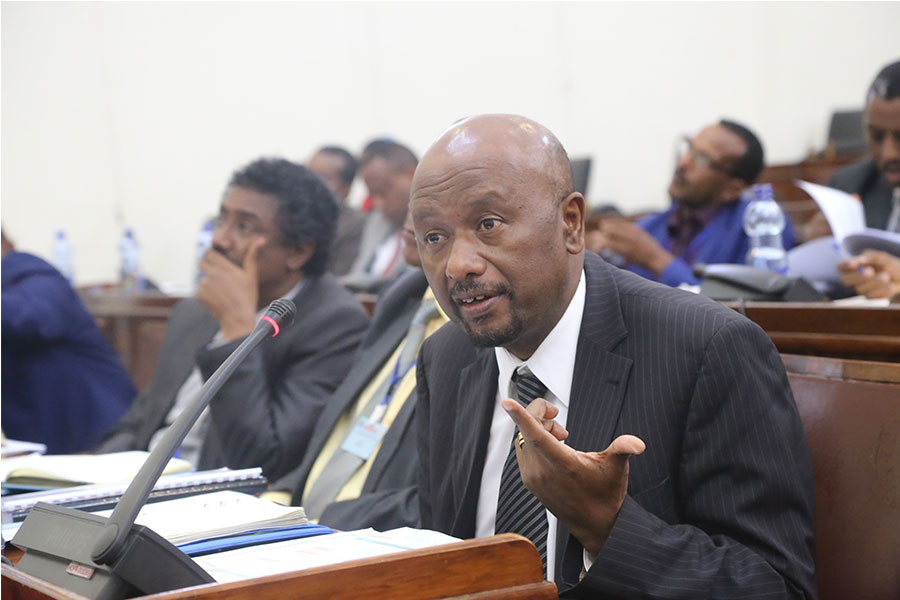
Fortune News | Jan 12,2019
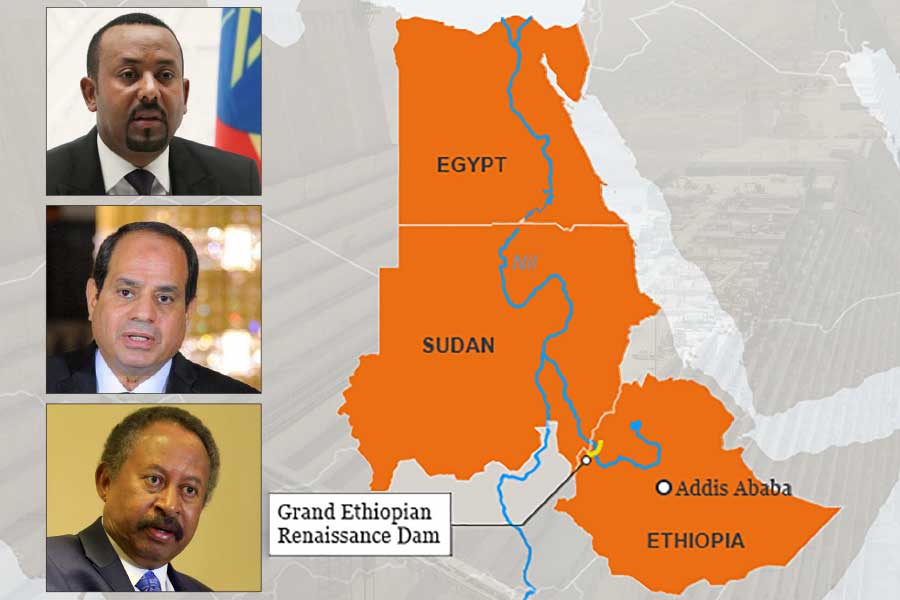
Fortune News | May 23,2020

Radar | Sep 18,2021
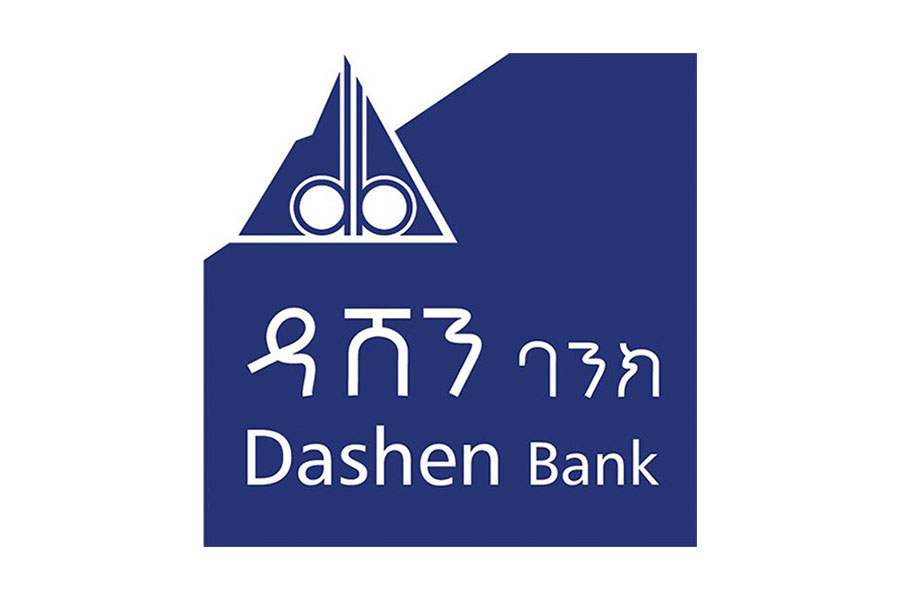
Radar | May 07,2022

Viewpoints | Feb 09,2019
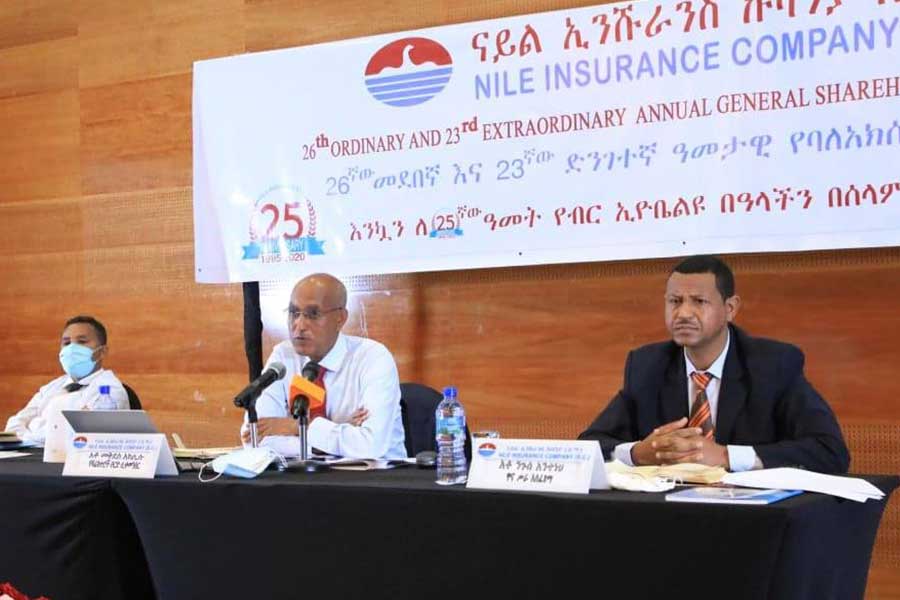
Fortune News | Nov 21,2020
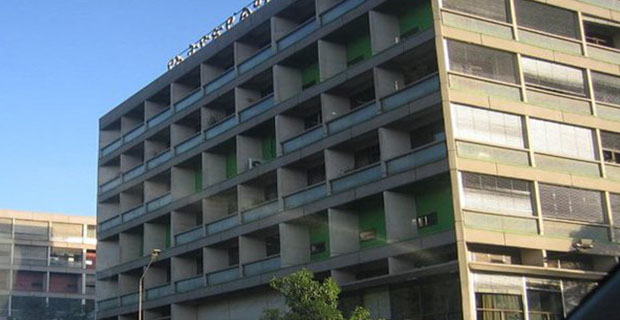
Fortune News | Jun 01,2019

My Opinion | 131656 Views | Aug 14,2021

My Opinion | 128020 Views | Aug 21,2021

My Opinion | 125983 Views | Sep 10,2021

My Opinion | 123607 Views | Aug 07,2021

Dec 22 , 2024 . By TIZITA SHEWAFERAW
Charged with transforming colossal state-owned enterprises into modern and competitiv...

Aug 18 , 2024 . By AKSAH ITALO
Although predictable Yonas Zerihun's job in the ride-hailing service is not immune to...

Jul 28 , 2024 . By TIZITA SHEWAFERAW
Unhabitual, perhaps too many, Samuel Gebreyohannes, 38, used to occasionally enjoy a couple of beers at breakfast. However, he recently swit...

Jul 13 , 2024 . By AKSAH ITALO
Investors who rely on tractors, trucks, and field vehicles for commuting, transporting commodities, and f...

Jun 28 , 2025
Meseret Damtie, the assertive auditor general, has never been shy about naming names...

Jun 21 , 2025
A well-worn adage says, “Budget is not destiny, but it is direction.” Examining t...

Jun 14 , 2025
Yet again, the Horn of Africa is bracing for trouble. A region already frayed by wars...

Jun 7 , 2025
Few promises shine brighter in Addis Abeba than the pledge of a roof for every family...

Jun 29 , 2025
Addis Abeba's first rains have coincided with a sweeping rise in private school tuition, prompting the city's education...

Jun 29 , 2025 . By BEZAWIT HULUAGER
Central Bank Governor Mamo Mihretu claimed a bold reconfiguration of monetary policy...

Jun 29 , 2025 . By BEZAWIT HULUAGER
The federal government is betting on a sweeping overhaul of the driver licensing regi...

Jun 29 , 2025 . By NAHOM AYELE
Gadaa Bank has listed 1.2 million shares on the Ethiopian Securities Exchange (ESX),...